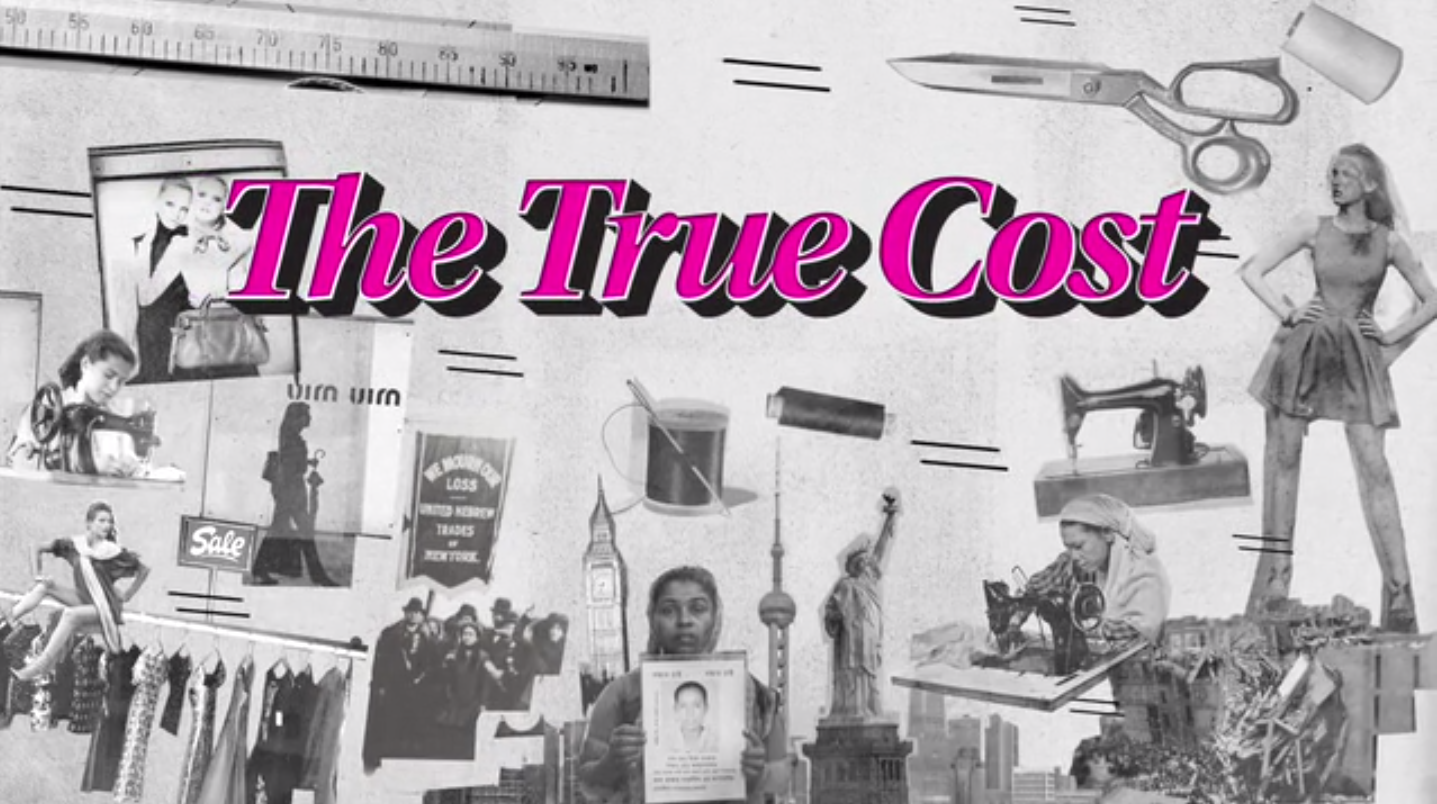

Cline reports in her new book Overdressed, which explores the dark side of our addiction to cheap clothes. All this contributes to the rapidly increased pace of fashion trends that journalist Elizabeth L. We find guides here not in the monothematic, late Steve Jobs, but in trendsetting celebrities whom photographers never catch wearing the same outfit twice. Particularly in densely packed cities, with cramped and costly living space, one’s wealth often goes into clothing. More and more, these details vanish inside our handheld devices, leaving us to draw largely from each other’s visual comportment and fashion choices.

As I recently read Alain de Botton’s book Religion for Atheists on the train, I even got pulled into multiple conversations with strangers curious what the title meant.

Not that opening up a Stieg Larsson or Fifty Shades of Gray elucidates much, but often you get something solid: the student reading an anatomy text, a professional flipping a legal document, a flat-stomached woman closely reading a pregnancy guide. We all use visual cues to size people up-whether they bike or drive, have an iPhone or flip phone, wear Toms or lipstick-yet with the increasing digitization of life, we have fewer objects to parse, fewer clues to friends’ and strangers’ mundane but sometimes defining secrets.Īs a long-time mass-transit user, I almost get nostalgic now when someone pulls out a real book. In fact, depending on where you house your object collections, guests don’t even have to closely inspect shelves to gain new insights about you with a mere glance at your living space. You don’t have to say a word for them to discover things about you that you might not think to mention-a taste for Sinatra or Robbie Williams, your favored method for organization, whether you are an expert or cursory fan of some band or musician. I was thinking of that moment when friends idle in your bedroom or living room and pass the time flipping through your music library. “How will people get to know her?” I wondered. The unfolding discussion ranged from caustic criticism to high praise, but somehow one image saddened me most-White’s vision of a massive, shared online library, equally accessible by all willing to pay the subscription fees.

Various industry and New York Times blogs took note, and eventually NPR’s Robin Hilton wrote a follow-up post. When NPR intern Emily White blogged in June about her largely unpaid-for music collection, she probably didn’t expect a nearly 4,000-word essay in response … or that musician and lecturer David Lowery’s challenge to her freeloading-make that free downloading-would go viral.


 0 kommentar(er)
0 kommentar(er)
